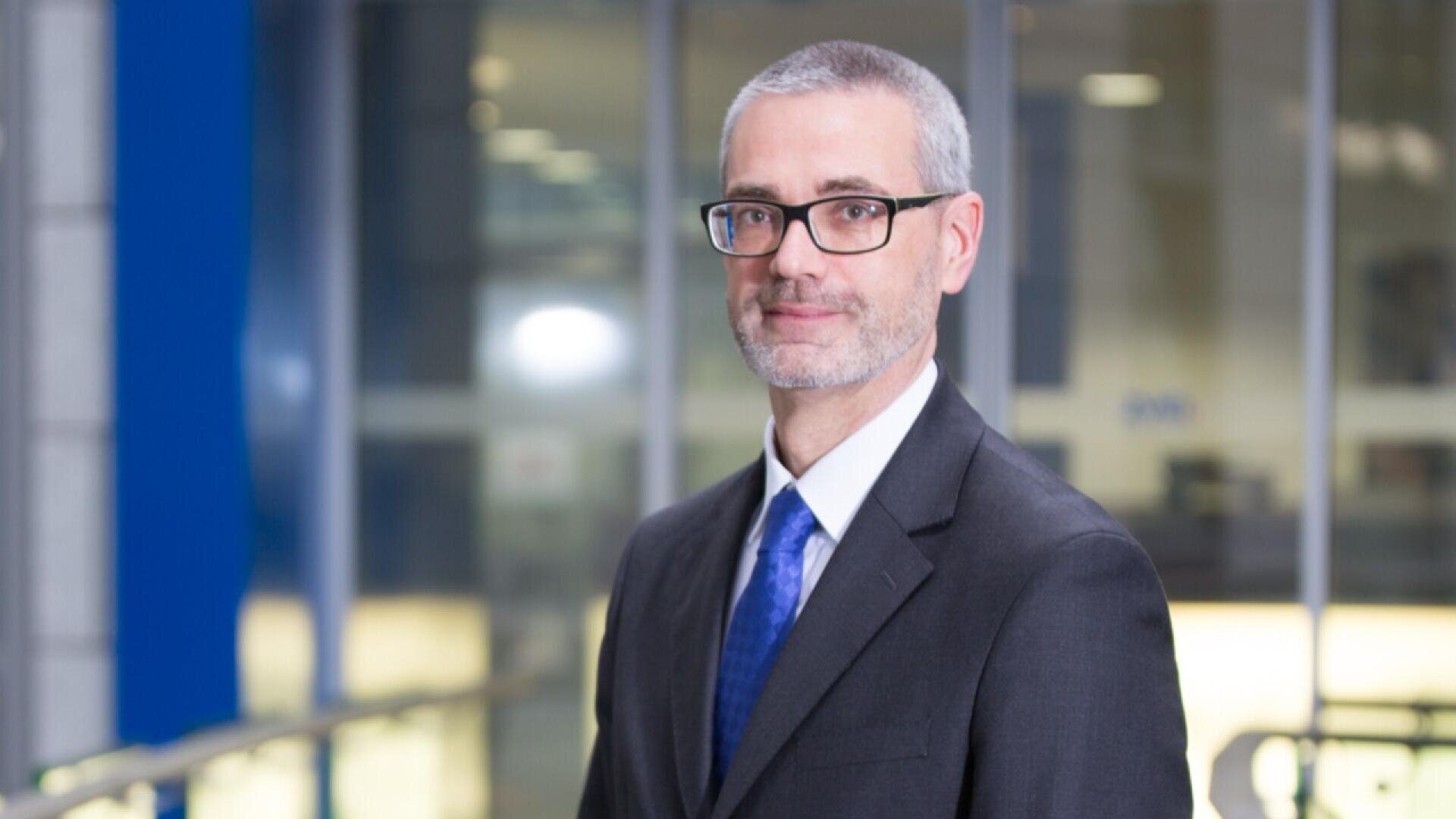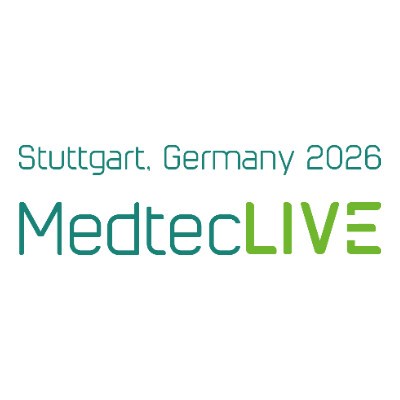Interview on the AI Act: "A step towards more planning security in research and development"
On 13 March 2024, the EU Parliament adopted the AI Act, which regulates the placing on the market of products with artificial intelligence. We spoke to Hans-Peter Bursig from the Electrical and Electronic Manufacturers Association (ZVEI) about what medical technology companies should consider now.
The AI Act means even more regulation, which will affect medical technology companies. Isn't the industry already at its limit when it comes to bureaucracy and legal restrictions?
Hans-Peter Bursig: The additional requirements imposed by the AI Act are undoubtedly an additional burden for the industry. Manufacturers must first determine which additional requirements apply to medical devices as a result of the AI Act, whether these requirements do not contradict the MDR and how these requirements are to be fulfilled in concrete terms. It must also be taken into account that the MDR already places requirements on the safety and performance of software that uses "artificial intelligence" or was developed with "artificial intelligence".
You talk about the danger posed by contradictions between the new regulation on artificial intelligence and the MDR. What points do you base this on? And what should companies do if they notice such contradictions?
Hans-Peter Bursig: One example is risk management. Both regulations require manufacturers to analyse and avoid risks or reduce them as far as possible. However, the two regulations have different risk concepts. It is therefore possible that a risk must be minimised in accordance with the AI Act, but the risk minimisation measure runs counter to a requirement of the MDR. How can the manufacturer decide which requirement now takes precedence? If manufacturers can already identify such contradictions or have questions about them, they should contact their associations or cluster organisations. It is particularly important now to identify the unclear points as early as possible and look for a solution.
Following final consultation in the EU Council of Ministers, the AI Act could come into force before the European elections. The EU Commission has now announced a working group to clarify open questions regarding its application. Isn't this working group coming too late?
Hans-Peter Bursig: It is positive that this working group has already been announced and is to be set up quickly after the Act comes into force. A series of transitional periods for the AI Act will begin after it comes into force. This opens up the opportunity to clarify the distinction from the MDR before the AI Act is actually applied to medical devices.
Can you also see positive aspects of the AI Act with regard to the medical technology sector?
Hans-Peter Bursig: After all, the passing of the AI Act means that manufacturers of medical devices now know what the requirements are for medical devices that use "artificial intelligence" or have been developed with "artificial intelligence". The fact that manufacturers have to analyse two regulations for this is annoying. But there will no longer be any surprising new requirements for the "artificial intelligence" part. This is a step towards more planning security in research and development.
New legislation does not always mean new obstacles. The planned Medical Research Act (MFG), for example, is said to strengthen the attractiveness of Germany as a centre for pharmaceuticals. Can it also bring improvements for medical technology manufacturers?
Hans-Peter Bursig: In its statement on the draft of the MFG, the ZVEI suggested that the planned simplifications in the authorisation of clinical trials should not only apply to medicinal products, but also to medical devices and in-vitro diagnostics. The ZVEI has also suggested that the definition of clinical studies in the MPDG (Medical Device Law Implementation Act, editor's note) be adapted so that not every collection of clinical data or every use of medical technology as a tool in the context of medical research is assessed as a clinical study. Both measures can help to make it easier to launch projects for the research and development of medical devices in Germany.
About the person:
Hans-Peter Bursig is Head of the Healthcare Division at ZVEI and Managing Director of the Electromedical Technology Association. The association's tasks include developing the German healthcare market, representing interests in medical device legislation and supporting member companies with exports. Bursig is a member of the gematik advisory board, the DIN healthcare commission and the board of the European industry association COCIR. He studied economics in Saarbrücken and Bonn and completed a postgraduate degree in European politics at the College of Europe in Bruges.


